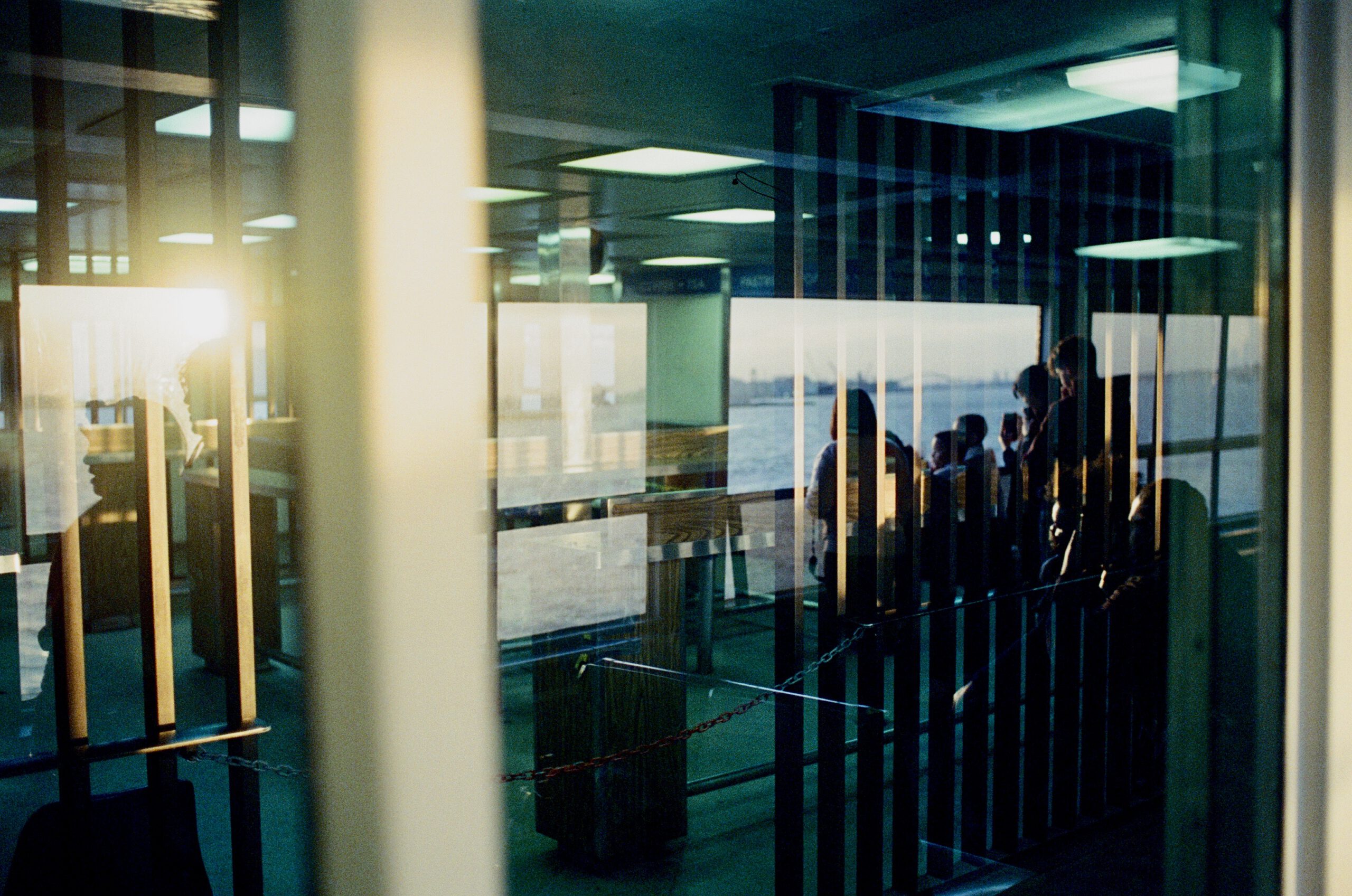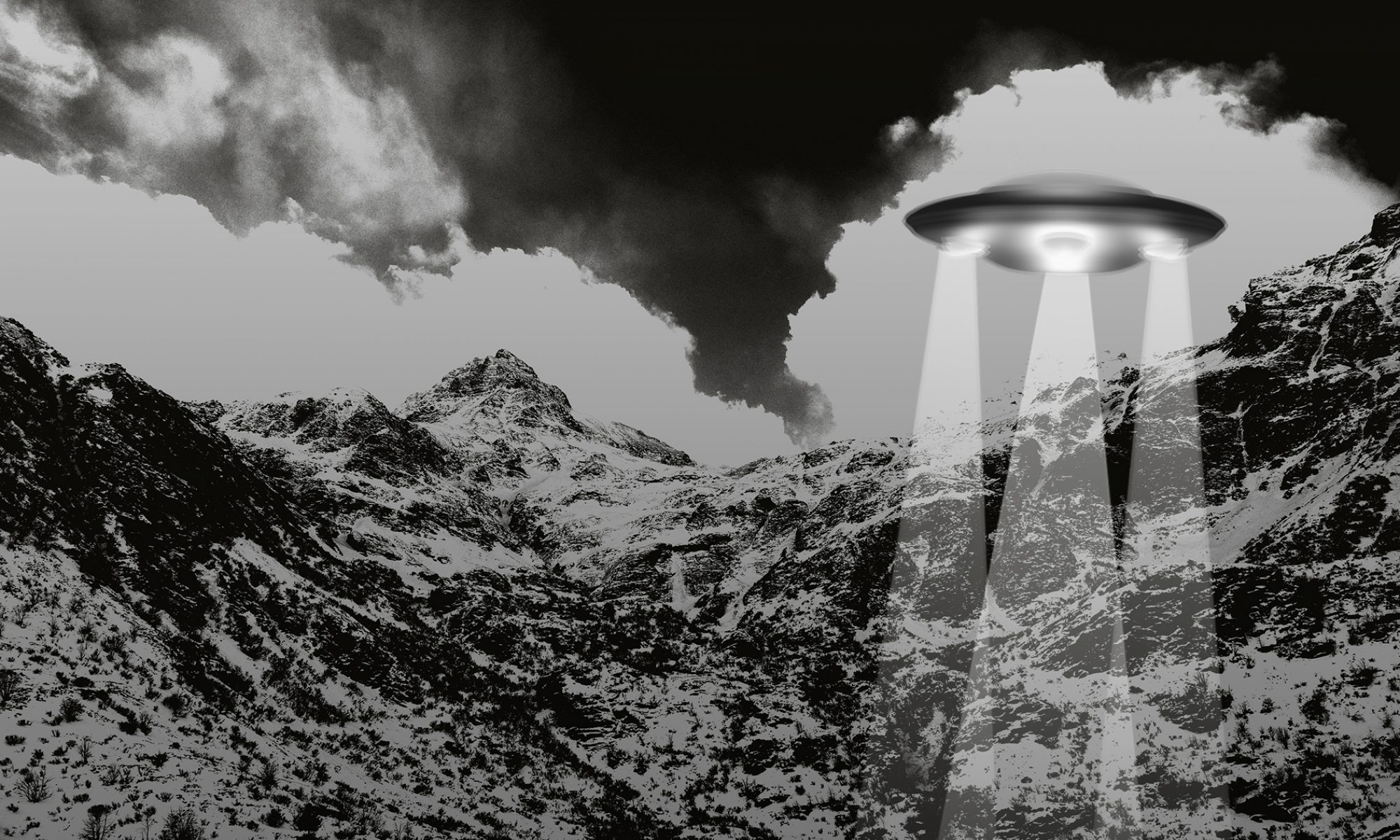Last Sunday, one of the most relevant shows of the last decade ended. And here I am, basically writing yet another appreciation piece after the one about Better Call Saul. What a time to be alive, isn’t it? Well, if shows like these are so relevant today, the future ahead might not be as bright as once hoped.
This article is free of concrete spoilers.
For those who don’t know what the hell Succession is about: Logan Roy, Irish New York immigrant, ice-cold father and tough old business bastard is interviewing his spoiled but traumatized but competitive but ruthless but vulnerable but weird ass kids in search of the right successor for his media empire while realizing he doesn’t actually want to quit. Plus, his daughter’s new and ambitious husband, many other corporations, his grandnephew and so on and so forth also want at least a sip of that power or rather a whole bottle of it. What could go wrong?
At first glance, Succession might seem like yet another slick corporate thriller that’s too cool to really get deep into its characters. And I must be honest here, I did not expect this level of storytelling in the last three episodes of the fourth and last season. Then at the lastest, I learned to what extent this series really is about the specific moment in time we are experiencing right now, especially in the late capitalist western world. To be fully transparent: This series captivated me but it also got on my nerves on a regular basis. I binged the third season while I was sick which might have been a reason for my overstrained synapses but it’s mainly because this series wants you to (pun intended)…
…”FUCK OFF!” – Logan Roy, entrepreneur and asshole

I thought that the third episode of season one of HBO’s The Last of Us would be the most memorable TV moment this year (a long moment I must admit) and yes, I did cry my heart out while watching it. But that I would witness three more series episodes that will serve as masterclasses in serial writing for years to come with each one being as different as they were, my god. The pinnacle, the legacy and the fierce logic of power. After watching these last three episodes, I understand why Mark Mylod, the main director and, along with showrunner Jesse Armstrong, the most important filmmaker behind Succession, calls the series a tragedy without putting it into perspective. And no, that’s not a spoiler. It’s the obvious truth that we and the protagonists are trying to hide from for the entire course of the series.
The frosty hand of power
One of the things that struck me most, especially in the end, is the indifference with which the frosty hand of power plays with the protagonists. But even if basically all of the unrelenting figures in Succession are objectively bad, we still care for them. Not because we like them but because we know how stuck they are in their minds, especially Logan’s children. I appreciate the way we get to look at these figures of power who don’t even deserve a minor bit of success. What do I mean by that? For a show like this, it’s easy for us viewers to secretly want a bit of that luxury, power or status that’s being portrayed throughout the whole series, even though we exactly know the shit that’s going on. But I never felt even a brief desire. I rather always felt the exact opposite and never wished to ever be in anyone’s position. What I’m mentioning in between but should fairly mention first is the brilliant acting we get to witness from every member of the ensemble. It’s honest, it’s raw, it’s kind, it’s aggravating, it’s profound. And it’s just hard to summarize the diversity and complexity of the play, I guess someone needs to write another article about that. Jeremy Strong, I love you. And Sarah Snook. And Kieran Culkin. And the one and only Brian Cox, whoops. Can you believe this guy never watched an episode of the series? That’s what I’d call humility!

The original score by Nicholas Britell is beautiful but discreet and pointedly used. It does a great job of exuding the feeling of opulence, but there is always an ominous and strange atmosphere to it. We sense but don’t feel the pleasure we quietly long for but never get. How the camera operators are deployed is crucial to the series. They are shakingly pursuing characters and scenes and often zooming in or following seemingly spontaneously while being one step behind at most times. It’s something you have to get used to (or never will) but that strategy gives the impression that we’re witnessing immediate history. The imagery of Succession could be a lot grander but the cinematography doesn’t indulge in false beauty andequally gives us the experience of something mundane. It’s history for the world but every day life for the characters.

There are no heroes nor antiheroes in Succession, just flawed humans who fail to acknowledge their own irrelevance as mere interchangeable figures of human evolution. In the few instants of purity and immediacy, the series becomes magical. Kendall Roy in or near water is not only a great meme, but a reminder of what actually matters in life. There are even fewer instants of honest emotion within a social context that isn’t used in order to pursue a certain strategy. The split seconds in which we get to look right into the broken characters’ souls are the most valuable. Those flashes of innocence define Succession as a reflection of the final phase of global western capitalism, which has sucked the last bit of energy out of the human being and lets us look into an oligopolistic future of mutual deterrence and isolation. In the end, it doesn’t really matter who wins the election in Succession’s last season. Of sole importance are the individual goals of the protagonists, who squat in their cold office buildings, private jets, limousines and helicopters and have shut themselves off from earthly life. Eventually, they all have to realize that the view down from the skyscraper is a view into the abyss that they themselves have opened.



